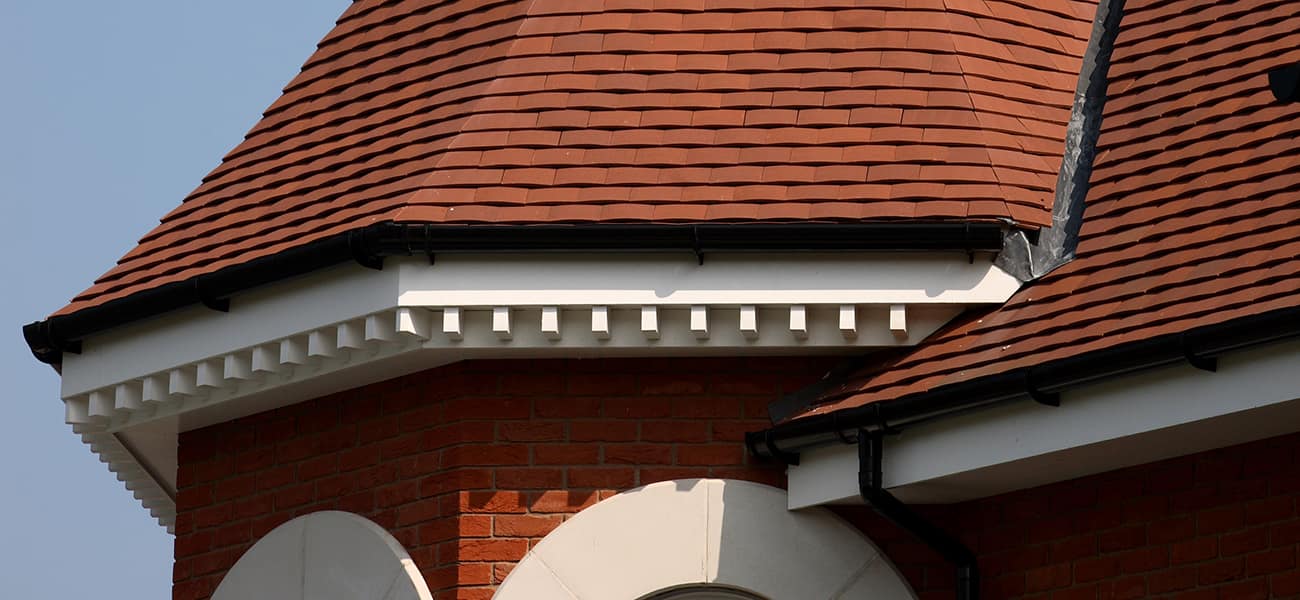What Impact Does Planning Have on Clay Tile Specification?

For roof refurbishments, UK planning guidance has recently moved towards more authentic renovations, which favours the replacement of building products with materials that are similar to what was originally used. For new buildings in areas where clay tiles are prevalent, it has also become more important for roof tiles to blend well with the surrounding buildings.
Clay tiles are widespread as a roofing material on the east coast of the UK, due to historical trade with Holland. In the 17th century, Holland exported clay pantiles into Britain and the United States, and they are part of the building vernacular on the eastern seaboard of both countries.
It is particularly important in conservation areas or on listed buildings that roof tiles are replaced with a like-for-like product. Here, properties must remain in keeping with the area. In these cases, a formal application to the planning authority must be made and the works have to be approved before any work can start to replace or install roof tiles.
If a project does not involve a conservation area or listed building, planners do not usually dictate roofing materials. However, each planning office does have the right to apply the national guidelines in different ways to suit the needs of their particular area. It is worthwhile for designers and builders to consult the planners as early as they can. Getting an understanding of local planning will give a specification the best chance of being granted planning permission.
Disclaimer - The information shared in this blog is correct at the time of publication. Guidance, standards, and best practices may change over time, so if you’d like further clarification or the latest updates, please get in touch with the Marley Technical Advisory Team, who will be happy to help.